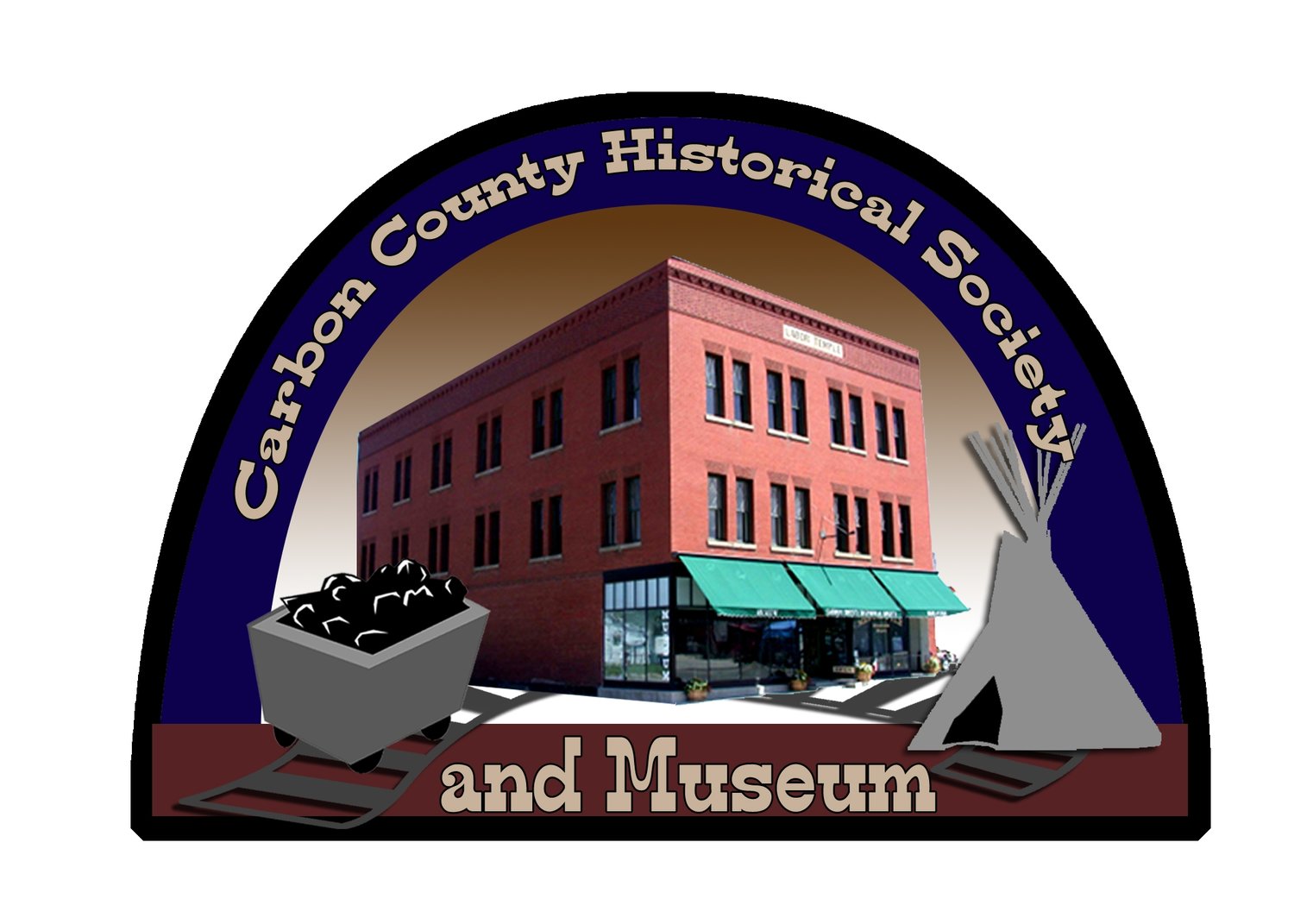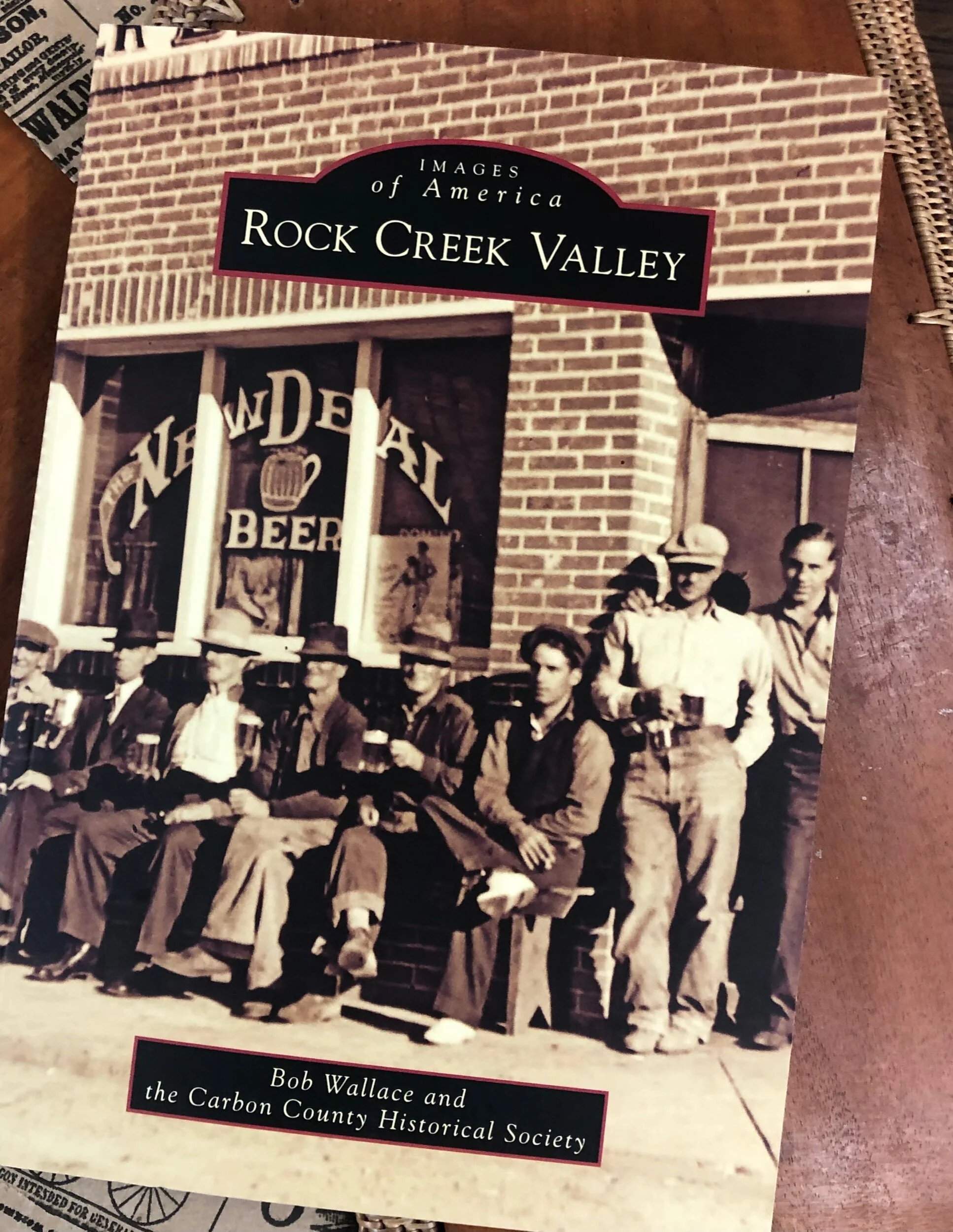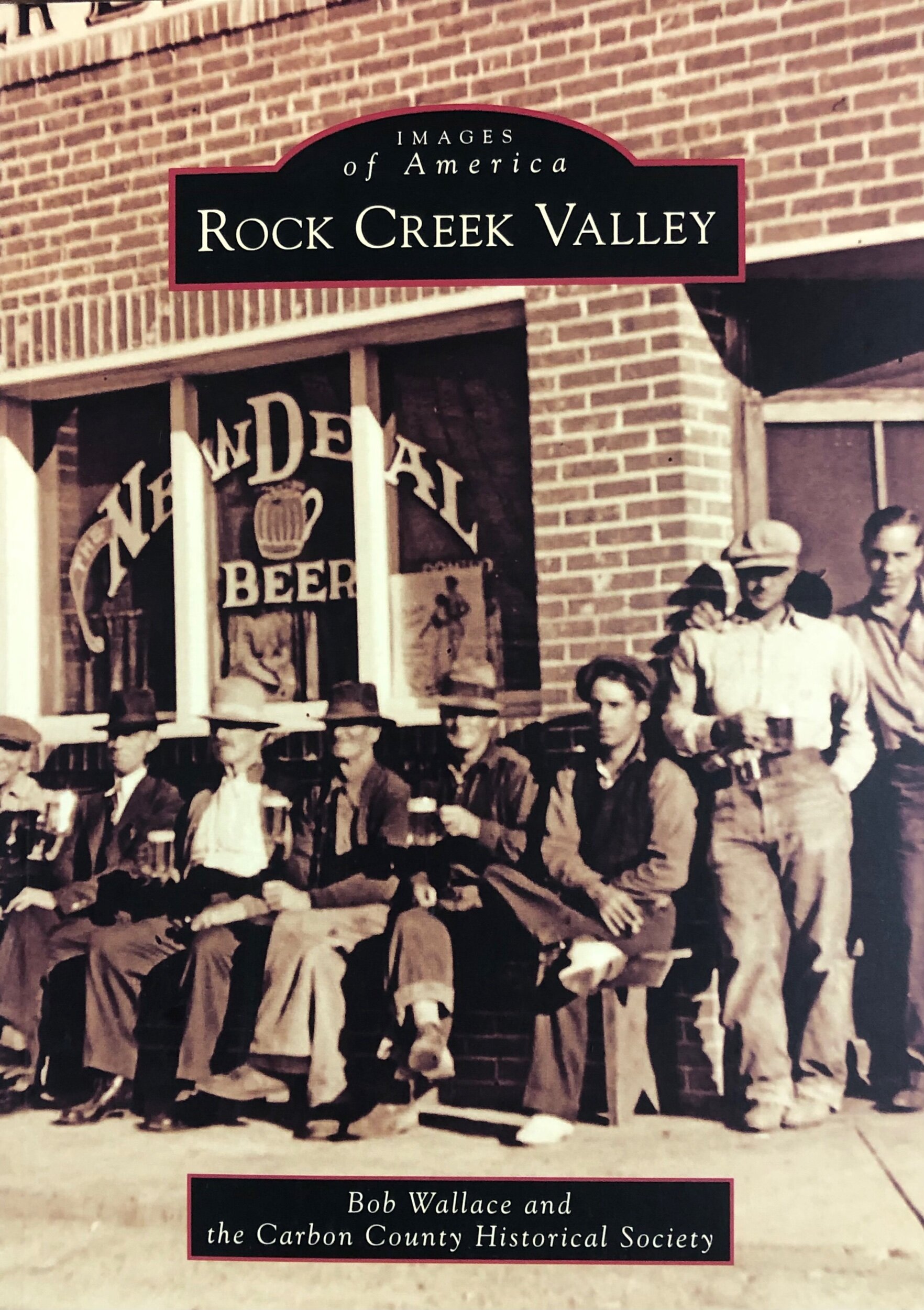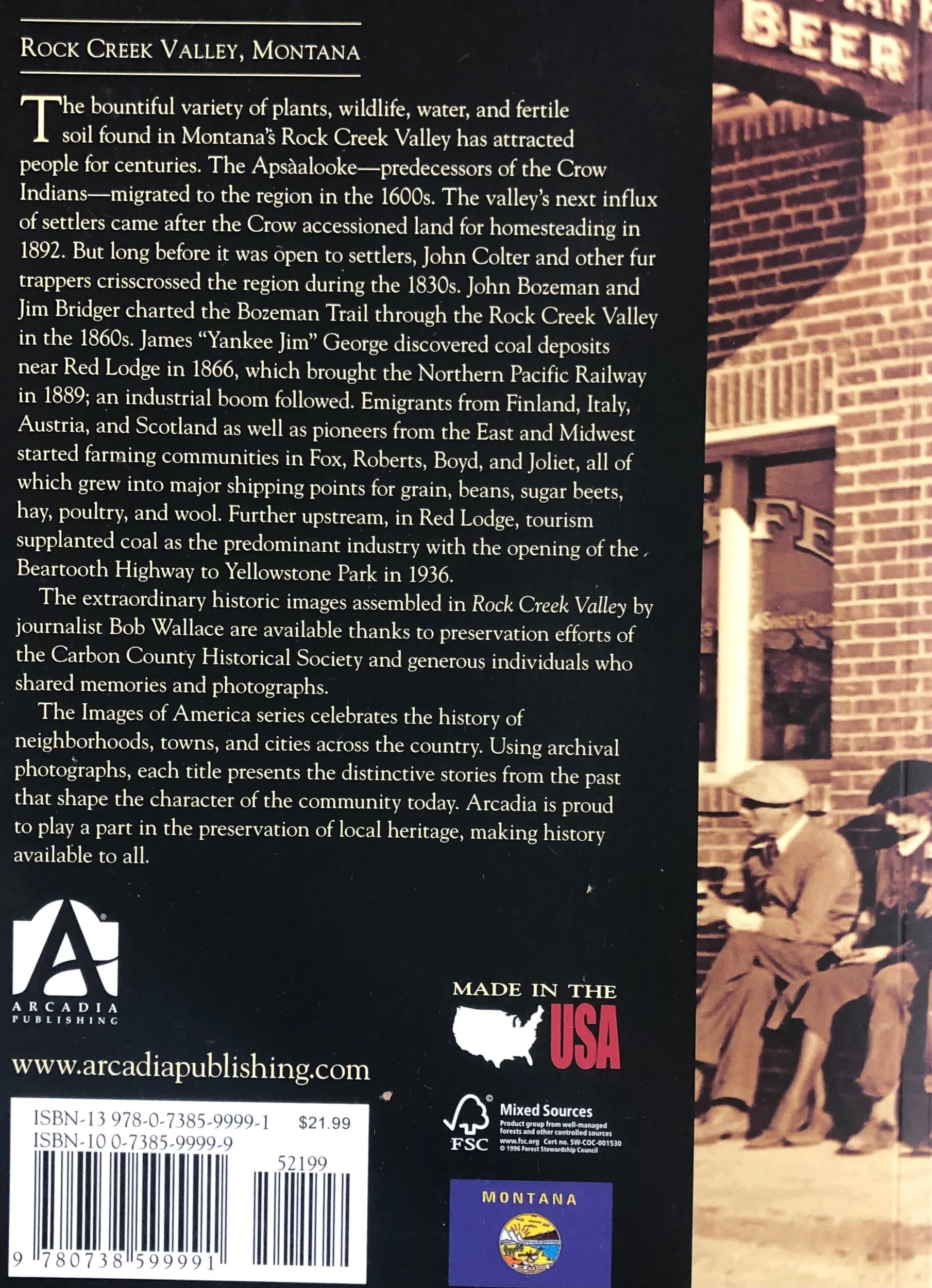Images of America: Rock Creek Valley
Images of America: Rock Creek Valley
Bob Wallace and the Carbon County Historical Society
Paperback
Arcadia Publishing: August 12, 2013
English
Page length: 128 pages
ISBN-13: 978-0738599991
Taken from the back cover:
The bountiful variety of plants, wildlife, water, and fertile soil found in Montana’s Rock Creek Valley has attractive people for centuries. The Apsàalooke—predecessors of the Crow Indians — migrated to the region in the 1600s. The valleys next influx of settlers came after the Crow accessioned land for homesteading in 1892. But long before it was open to settlers, John Colter and other fur trappers crisscrossed the region during the 1830s. John Bozeman and Jim Bridger charted the Bozeman Trail through the Rock Creek Valley in the 1860s. James “Yankee Jim“ George discovered coal deposits near Red Lodge in 1866, which brought the Northern Pacific Railway in 1889; an industrial boom followed. Emigrants from Finland, Italy, Austria, and Scotland as well as pioneers from the East in Midwest started farming communities in Fox, Roberts, Boyd, and Joliet, all of which grew into major shipping points for grain, beans, sugar beets, hay, poultry, and wool. Further upstream, in Red Lodge, tourism supplanted coal as the predominant industry with the opening of the Beartooth Highway to Yellowstone Park in 1936.
About the authors:
The extraordinary historic images assembled in Rock Creek Valley by journalist Bob Wallace are available thanks to the preservation efforts of the Carbon County Historical Society and generous individuals who shared memories and photographs.
About the publisher:
The Images of America series celebrates the history of neighborhoods, towns, and cities across the country. Using archival photographs, each title presents the distinctive stories from the past that shaped the character of the community today. Arcadia is proud to play a part in the preservation of local heritage, making history available to all.



